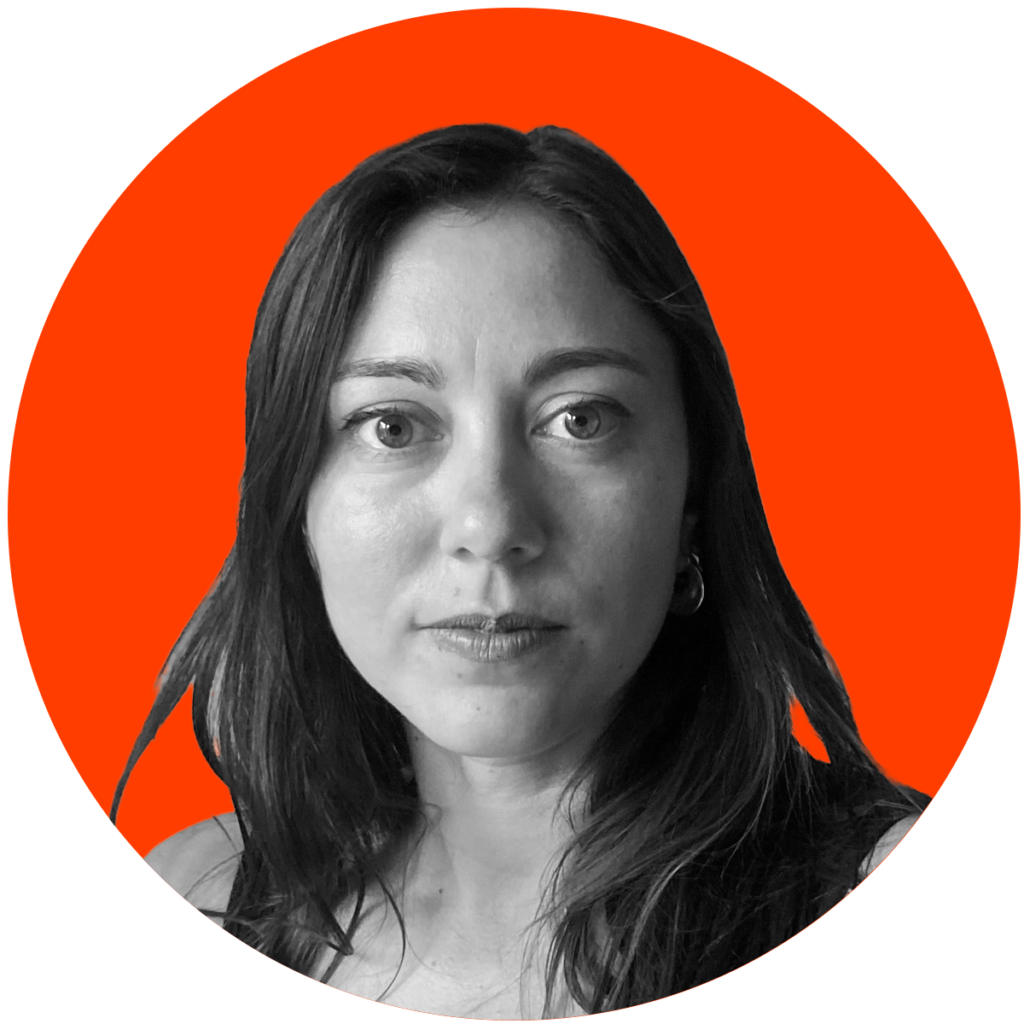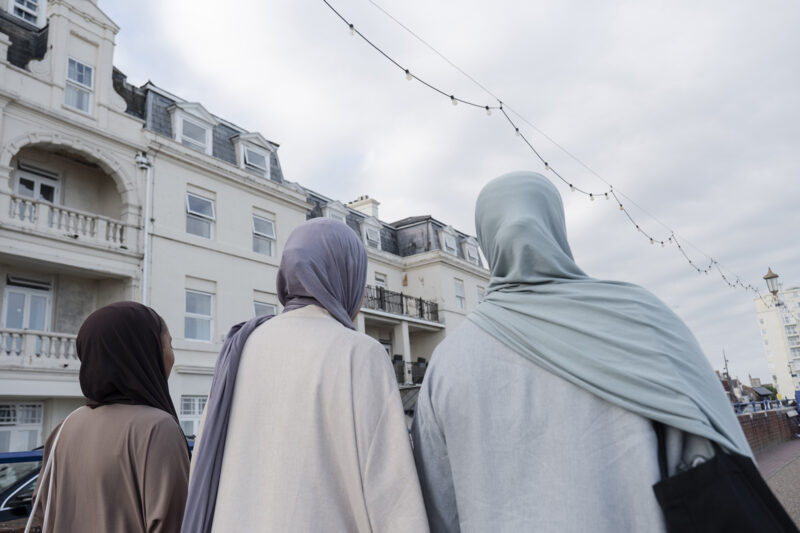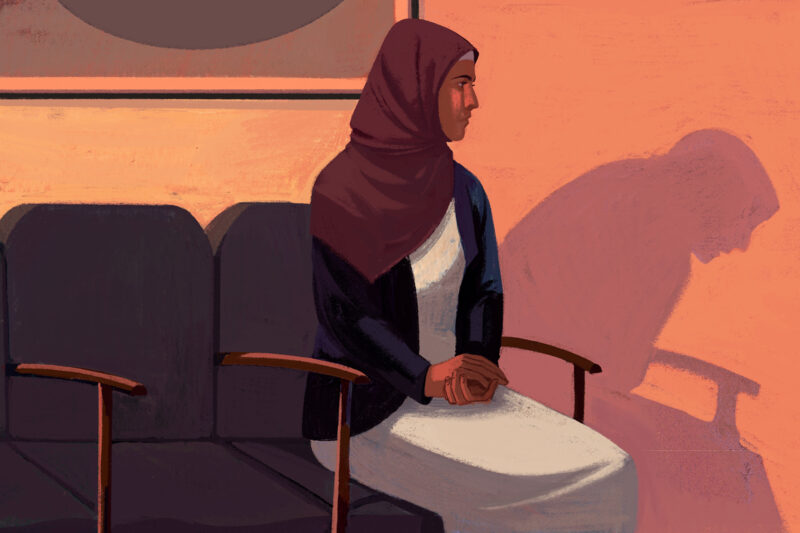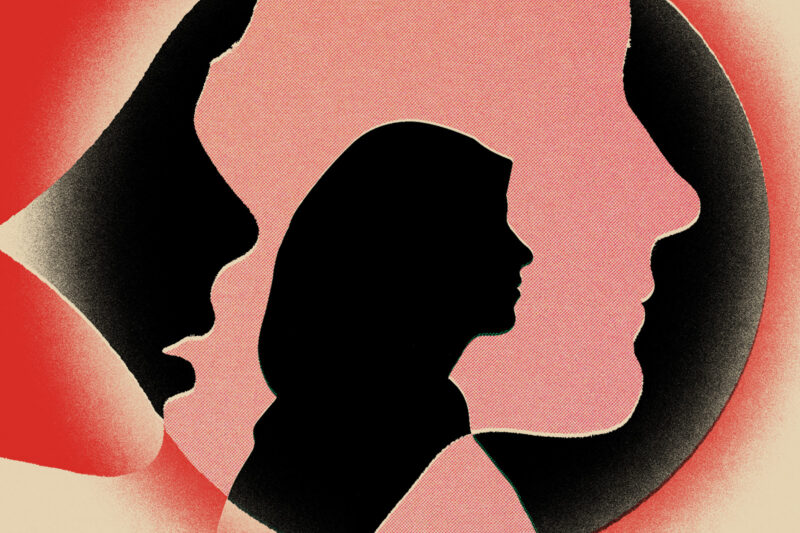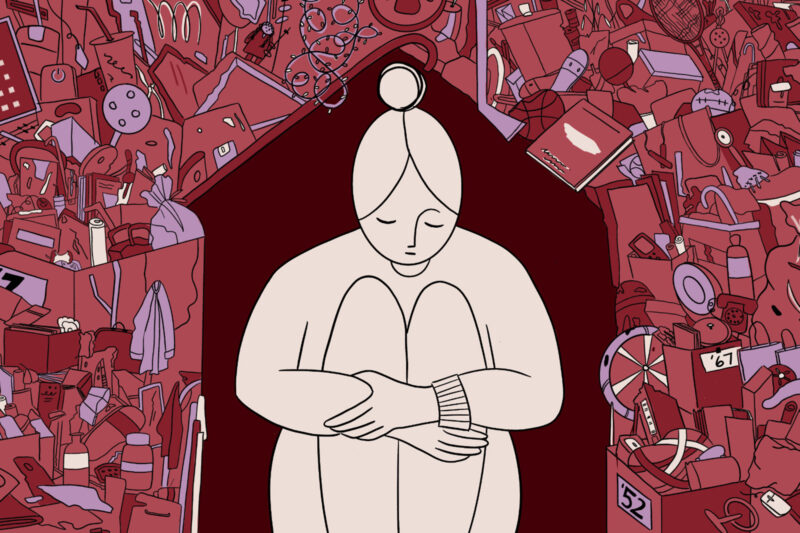
Hussain Manawer Q&A: ‘I got on stage and performed, and it changed my life forever’
Hussain Manawer’s new anthology I Wanted to Quit Too features pieces from artists, actors and musicians including Sinéad Harnett and Courteney Cox. Hyphen artwork/photo by Gareth Cattermole/Getty Images for BFI
The best-selling British-Pakistani poet on how writing helped him process grief
Hussain Manawer went to his first poetry slam at the age of 15, near his home in Ilford, east London. Now 33, the British-Pakistani author and poet has performed his work globally and appeared in numerous anthologies, publishing his debut collection Life is Sad & Beautiful in 2022. Centred around Manawer’s journey through depression and grief, the collection became a Sunday Times bestseller. It’s since been included in the UK’s national secondary school curriculum.
In his early 20s Manawer completed a degree in quantity surveying at the University of Westminster before deciding to pursue poetry full time. In 2018 he won the prime minister’s Point of Light award in recognition of his mental health advocacy, and was awarded an Honorary Fellowship by King’s College London.
Manawer’s poetry blends life experiences, from pain and humour to heartbreak, and an appreciation of music such as rap. His latest anthology, I Wanted to Quit Too, explores feelings of despair and resilience. The collection includes written contributions by artists, actors and musicians including Sinéad Harnett and Courteney Cox reflecting on moments in their life when they’ve wanted to quit, and even a WhatsApp conversation with Manawer’s landlord, discussing faith and patience.
He spoke to Hyphen about his relationship with poetry, what inspires him, and lessons to be drawn from his latest anthology.
This interview has been edited for length and clarity.
How did you first become interested in poetry?
When I was 15 a supply English teacher at school gave me a cutting from a newspaper of a poetry slam happening in Stratford. He was like: “You’ve always got something to say, go and say it there.” Me and a group of friends went, and when I got on stage and performed, I loved it, and it changed my life for ever. I started doing more poetry slams and writing workshops and got involved in programmes from the Poetry Society.
For my whole life I was told that no one really cares about poetry, especially from someone who looks like me, a British-Pakistani from Ilford. But I never internalised any of it. I kept writing. After the loss of my mum, and when my first book came out, my life changed a lot. But it made me believe that as long as I’m vulnerable and true to art and myself, my work will find a home. It took me a long time – 10 years – to feel like there is wind in the sails.
Who are your influences?
I’m influenced by a lot of rap. Rap is obviously rhythm and poetry. I love Tupac’s poetry book, The Rose That Grew from Concrete. Michael Rosen and Benjamin Zephaniah are also big influences. I couldn’t tell you one particular person, but there are bodies of work from particular people; even Nicki Minaj’s lyrics are so poetic.
What themes do you explore in your writing?
Before my mum passed a few years ago, I wrote about mental health and depression because I’d experienced that. But after she passed, it was grief and then life after loss. Now I’ve learned that if I’m going to love someone I have to be willing to love them when they’re not here. And that’s just life – such a universal feeling of pain, and also joy.
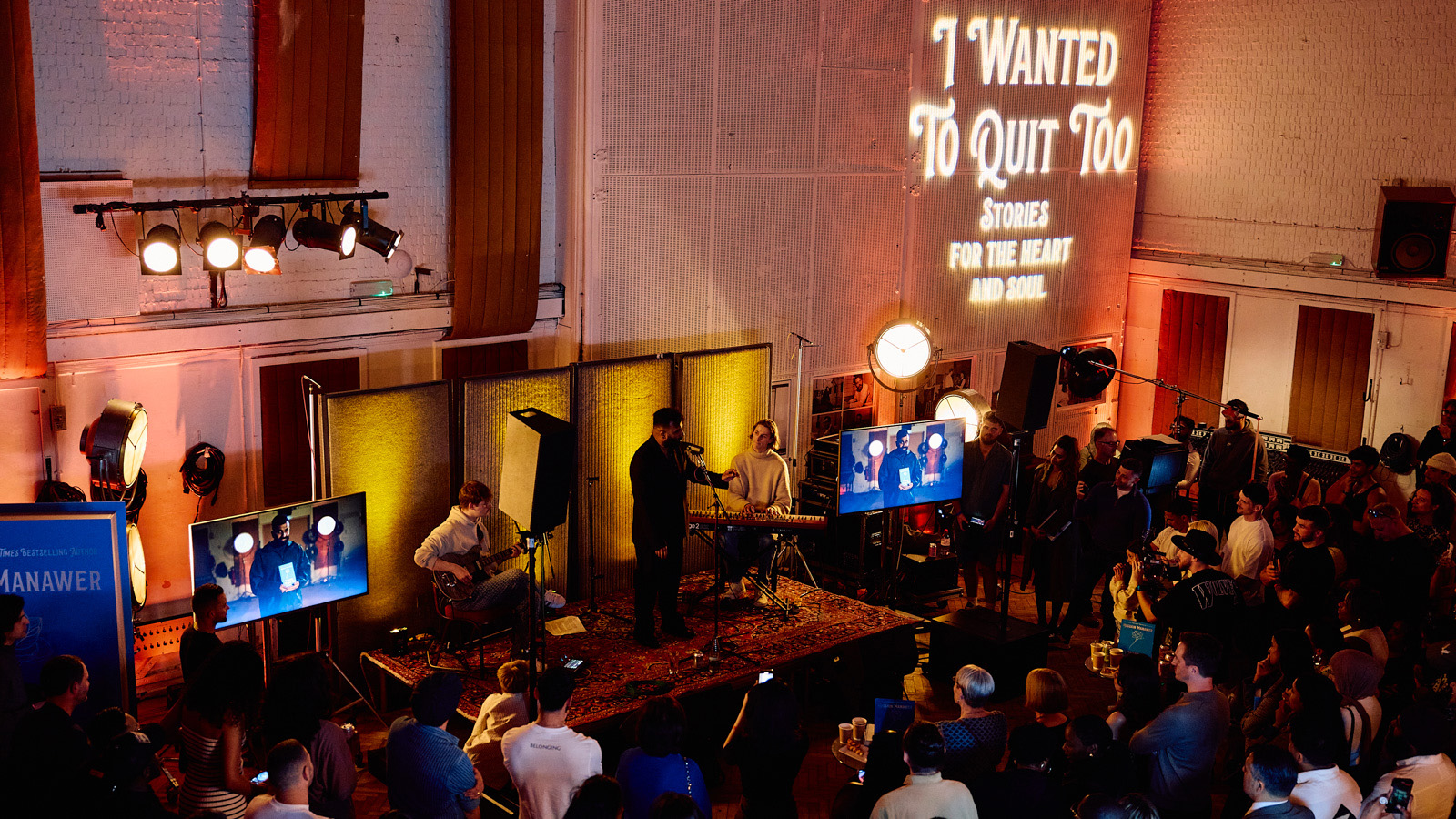
Your latest anthology, I Wanted to Quit Too, draws on conversations with multiple artists in different disciplines. What were the inspirations behind it?
I spoke to a friend, Sinéad Harnett, and we started talking about giving up, not being able to fulfil our dreams because it’s difficult. Then, over the next three, four years, I didn’t even realise I was collecting other people’s stories. The book naturally developed itself. This is a pure collection of stories from people, all of whom at one point wanted to quit. And in some cases they did – not all quitting is bad.
You launched your book at Abbey Road Studios. What does that creative space, as a historic recording studio, mean to you?
It is sacred. For me, a poet, to be recognised in an arena like that is really special because it’s not really music, it’s not rap or pop. It’s somewhere in the middle. As a poet, you can feel like an outsider because there’s nowhere for poets to go besides slams or open mics. So to be welcomed into that space and for them to recognise my work was a highlight of my life.
What do you hope to achieve with this book?
This book is so diverse in terms of the contributors and styles of writing, because my life happens to be very multicultural. It’s important for me to be open and welcoming for everyone.
I hope it reaches anyone who’s thought that they want to quit, give up, anyone who feels lonely, left out. Anyone who is struggling, whether that’s financially, whoever has a dream and can’t fund it. Whoever feels like their passion isn’t working. There’s so much wisdom and richness that you can draw from, learn from, and allow to comfort you. So it’s for anyone who feels like they need a new best friend.
I Wanted to Quit Too, published by Catalyst, is out now.
 Newsletter
Newsletter

